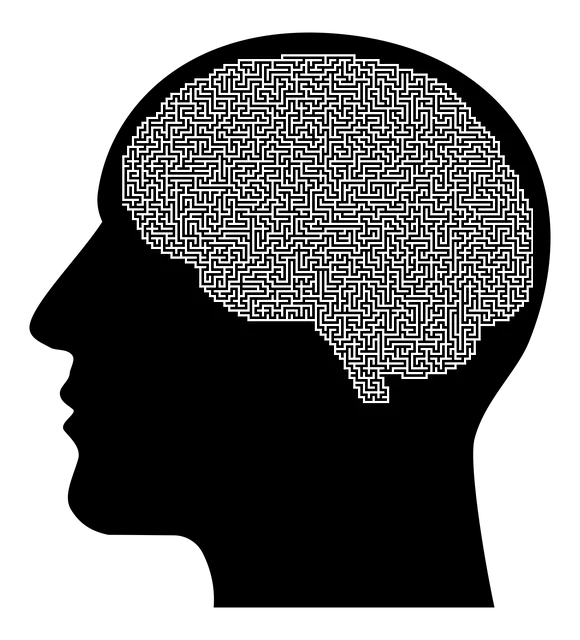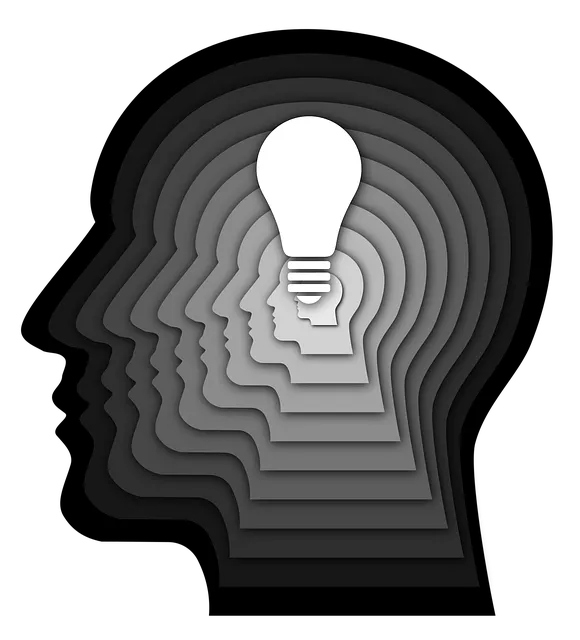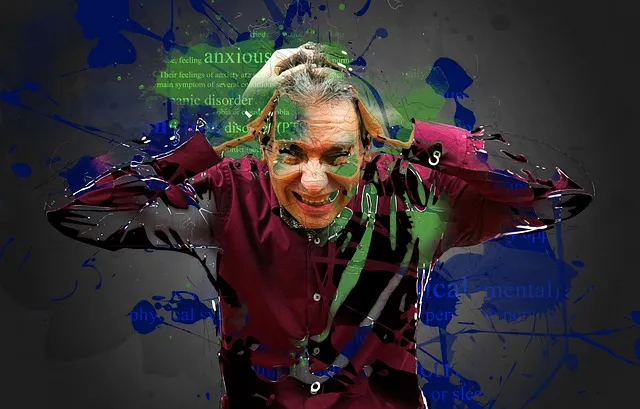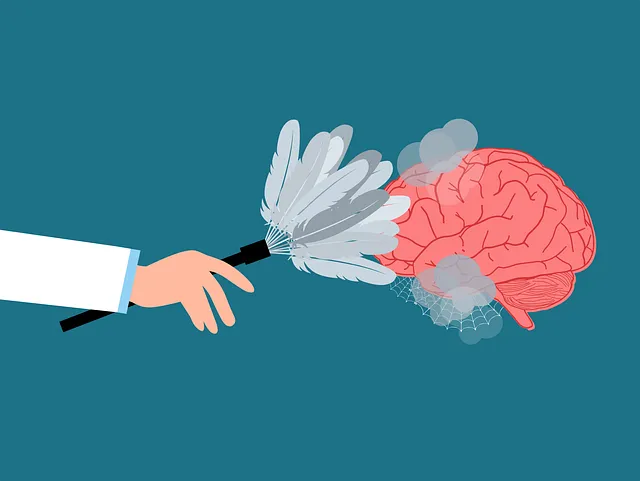Mental wellness self-assessment tools, championed by organizations like Kaiser Permanente (as evidenced by superior mental health center reviews), empower individuals to proactively manage their emotional well-being. These tools, combining evidence-based practices and education programs, encourage early issue identification and effective coping strategies. By integrating crisis intervention guidance, mental health education, and risk assessment, these assessments facilitate comprehensive care and holistic well-being on a wide scale, as reflected in positive Superior Kaiser Permanente mental health center reviews.
Mental wellness self-assessment tools play a crucial role in identifying and managing our psychological well-being. In this comprehensive overview, we explore the development of these valuable resources, with a special focus on the contributions of Kaiser Permanente Mental Health Centers. Through expert insights and best practices, we uncover how to create superior assessment tools that accurately evaluate mental health, fostering informed decisions and personalized support. Discover the key considerations from leading institutions like Kaiser Permanente to enhance your self-assessment experience.
- Understanding Mental Wellness Self-Assessment Tools: A Comprehensive Overview
- The Role of Kaiser Permanente Mental Health Centers in Developing Effective Tools
- Creating Superior Assessment Tools: Key Considerations and Best Practices
Understanding Mental Wellness Self-Assessment Tools: A Comprehensive Overview

Mental wellness self-assessment tools play a pivotal role in individuals’ journey towards better mental health and overall well-being. These tools are designed to help people gain insights into their emotional, psychological, and behavioral states, enabling them to make informed decisions about their mental health. A comprehensive self-assessment typically involves questions related to various aspects of mental wellness, such as stress levels, mood swings, sleep patterns, social interactions, and coping mechanisms.
At the forefront of promoting mental wellness, organizations like Kaiser Permanente, known for its superior mental health center reviews, have recognized the value of these tools. They offer resources and workshops, including Stress Management Workshops and Mindfulness Meditation sessions, that integrate Emotional Intelligence practices to empower individuals in their self-assessment journey. By utilizing such tools, people can proactively manage their mental health, identify potential issues early on, and develop effective strategies for maintaining a healthy mind.
The Role of Kaiser Permanente Mental Health Centers in Developing Effective Tools

The Superior Kaiser Permanente mental health centers play a pivotal role in developing effective self-assessment tools for mental wellness. With their extensive experience and resources, these centers have been at the forefront of innovation in mental health care. They offer not just treatment but also focus on prevention and promotion of emotional well-being through various techniques. The centers’ expertise lies in designing Mental Health Education Programs that equip individuals with the knowledge and skills to recognize and manage their mental health effectively.
In addition, the Kaiser Permanente mental health centers integrate Inner Strength Development strategies within their assessment tools, fostering resilience and coping mechanisms. Their commitment to evidence-based practices ensures that the self-assessment tools are not just effective but also accessible, making mental wellness support readily available to a wide range of individuals. Superior Kaiser Permanente mental health center reviews consistently highlight their dedication to enhancing mental health literacy and promoting holistic well-being.
Creating Superior Assessment Tools: Key Considerations and Best Practices

Developing superior mental wellness self-assessment tools is a critical aspect of comprehensive care, especially within renowned healthcare institutions like the Kaiser Permanente mental health center reviews highlight. These tools play a pivotal role in identifying individuals’ mental health status and guiding appropriate interventions. To ensure their effectiveness, several key considerations and best practices should be implemented.
Firstly, tools must integrate Crisis Intervention Guidance to support users during distressing periods. This includes providing clear instructions on when and how to seek immediate help, ensuring the assessment doesn’t exacerbate existing crises. Secondly, integrating Mental Health Education Programs Design elements can enhance user understanding of their mental health and promote self-awareness. Lastly, incorporating Risk Assessment for Mental Health Professionals allows for a more nuanced evaluation, enabling healthcare providers to offer tailored support and interventions. These considerations collectively contribute to crafting robust assessment tools that accurately reflect users’ mental wellness states.
Mental wellness self-assessment tools play a pivotal role in promoting individual awareness and early intervention. As discussed, Kaiser Permanente mental health centers have been at the forefront of developing effective tools that empower individuals to take charge of their mental well-being. By integrating key considerations and best practices, these centers ensure the creation of superior assessment tools that accurately reflect the nuances of mental health experiences. With ongoing refinement and research, these tools can significantly contribute to improving access to care and enhancing overall community mental wellness.






